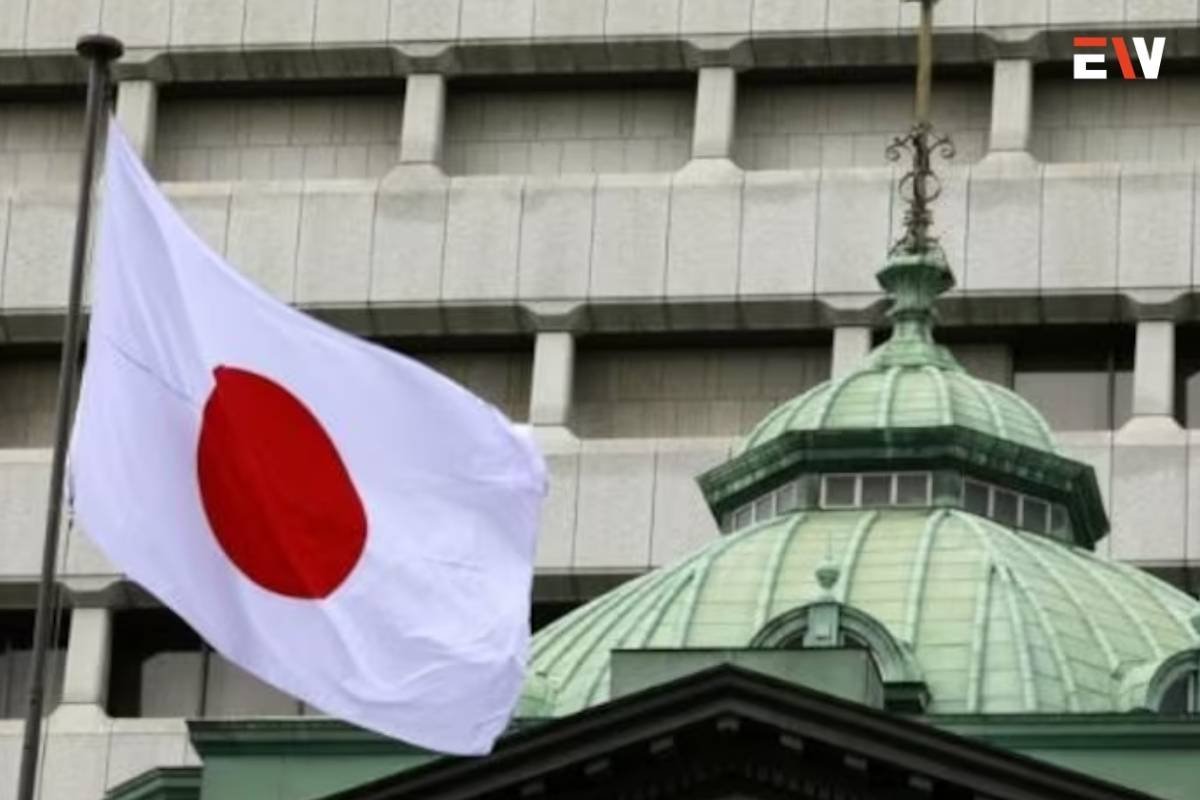Source- business standard.com
The Bank of Japan (BOJ) opted to keep its policy rate unchanged following its monetary policy meeting on Friday, holding its benchmark policy rate steady at 0%-0.1%. The decision aligns with expectations from economists surveyed by Reuters, reflecting the central bank’s cautious approach amidst evolving economic conditions.
Inflation Disappointment and Bond Purchase Continuation
The decision to maintain the policy rate comes in the wake of Tokyo’s April inflation figures falling below expectations. Core inflation stood at 1.6%, notably lower than the 2.2% projected by Reuters. Despite this, the BOJ affirmed its commitment to continue bond purchases in line with the March decision, which saw the bank buying approximately six trillion yen ($83.5 billion) worth of bonds per month.
Yen’s Weakening and Monetary Policy Implications
The absence of commentary on the yen in the monetary policy statement is notable, especially as the currency has steadily weakened following the BOJ’s recent policy adjustments. After the decision, the yen breached the 156 mark against the U.S. dollar, indicating market reactions to the central bank’s stance. BOJ Governor Kazuo Ueda emphasized during a later press conference that while monetary policy doesn’t directly target currency rates, exchange rate volatility could significantly impact Japan’s economy and prices. He underscored the possibility of policy adjustments if yen movements begin to exert noticeable effects on economic indicators.
Revised Economic Outlook and Policy Forward Guidance
In a separate announcement, the BOJ released its second-quarter outlook for Japan’s economy, revising its inflation forecasts for fiscal 2024 upwards. The central bank now anticipates inflation to range between 2.5% and 3%, up from the previous estimate of 2.2% to 2.5% issued in January. However, GDP growth forecasts for fiscal 2024 were downgraded to a range of 0.7% to 1%, reflecting cautious optimism amid economic uncertainties.
Moving forward, the BOJ reiterated its commitment to maintaining accommodative financial conditions “for the time being” while closely monitoring economic and price developments. Despite acknowledging lingering uncertainties both domestically and globally, the central bank stands ready to adjust monetary accommodation if its forecasts materialize and underlying inflation trends warrant such action.
The BOJ’s decision to uphold its policy rate underscores its vigilance towards inflation dynamics and economic stability, signaling a balanced approach aimed at supporting sustainable growth amidst evolving economic challenges.










